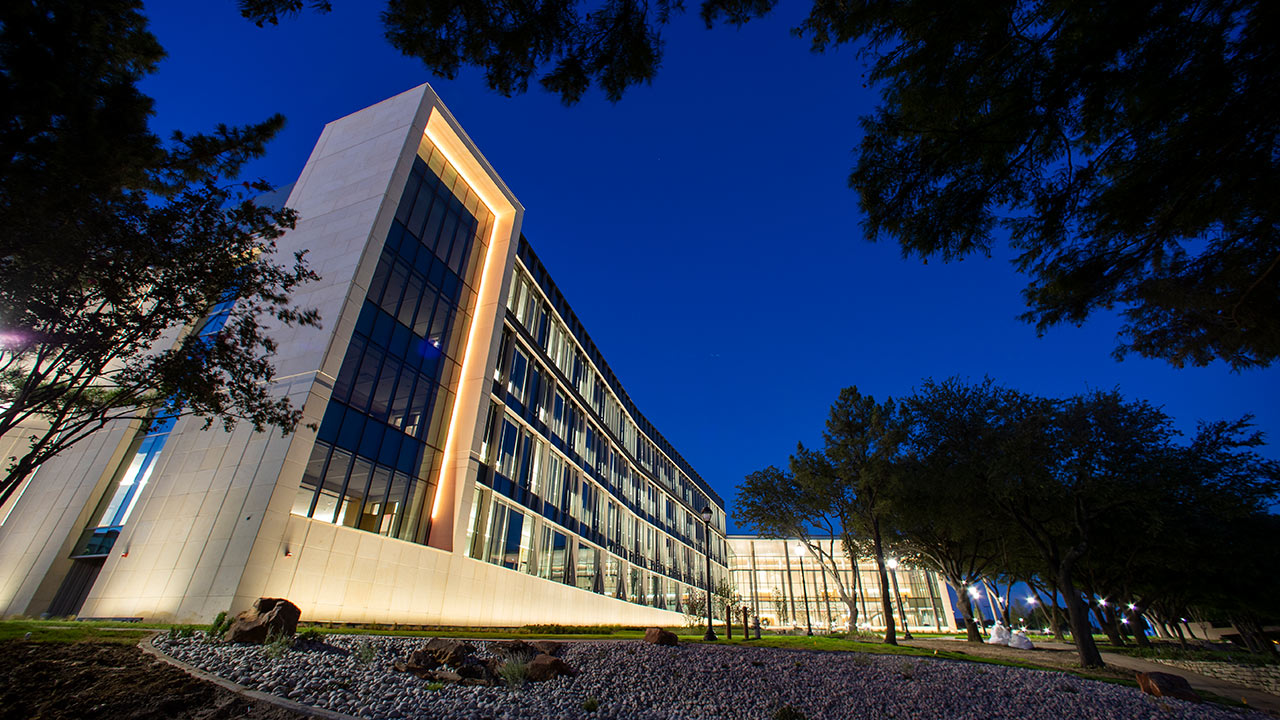CliftonStrengths Assessment
Realizing Our Potential: Clifton Strengths Assessment in the Library
By: Sara Pezzoni
In 2023, UTA Libraries Employee Success Coordinator Kelly Dill explored a new method of connecting library staff with one another over lunch. This monthly series, aptly titled “Lunch & Learn,” began as a time to discuss and engage with themes centered on professional growth and to learn more about how the Libraries’ Guiding Principles applies to library staff’s everyday work. Dill implemented this program on behalf of the Library’s Organizational Excellence department as part of a capstone project for her Master’s degree in Industrial/Organizational Psychology.
One of the Lunch & Learn topics centered on a four-part series of panel discussions on Gallup’s CliftonStrengths Assessment, a talent assessment tool that was first introduced to library staff in 2019. The goal of this series was to help library staff learn more about how to comprehend and apply the results of this assessment within the organization. “This is a self-awareness tool,” Dill said, “and it’s easy to take the results at face value and not work towards understanding how to apply this tool effectively.” The library has previously provided workshops to staff in contextualizing the tool’s results as a group. Ultimately, Dill says that the CliftonStrengths assessment has served as a “foundational guide for library staff to see how they process information and approach problems, how they can bring value to the organization, and how staff can use talent themes to improve partnerships and the team dynamic within the library.”
Each Lunch & Learn CliftonStrengths panel discussion focused on one of the four strength domains—executing, influencing, relationship building, and strategic thinking—and panelists were selected based on their dominance in certain themes across those domains. Dill began this series as a way to connect library staff with each other and learn more about the work that their colleagues do beyond who they interact with daily. She stated that the goal of each panel discussion was to “help people to see that not everyone with the same talent themes are in the same role; these strengths don’t dictate what you do, just how you do it.”
Important conversations have stemmed from these sessions, including discussion of the misconceptions and difficulties in defining and understanding each strength. “For example,” Dill said, “the empathy theme came up, and while it was clear how CliftonStrengths defined empathy, these discussions helped the group also see how people use these strengths in their own defined way. In creating organized conversations around how we share talent themes but approach them differently, this has helped us become better prepared to meet each other in the middle. We’re having more conversations, asking our colleagues to clarify their interpretations, and learning more about our individual roles and purpose within the library. This really highlights that we all see the world differently.”
The CliftonStrengths assessment is also offered to students as part of an effort led by UTA’s Follett Student Leadership Center. The Center’s director, Becka Shetty, says the Center has offered training to departments across campus that work directly with students so staff can provide CliftonStrengths workshops for the students they serve and work with. Shetty says that while their focus is on students, they do receive requests from faculty and staff for training in the CliftonStrengths assessment. While UTA’s Office of Talent, Culture, and Engagement provides training on a wide variety of leadership programs, the CliftonStrengths talent assessment is currently not offered to staff. Shetty wholeheartedly supports the use of this tool across campus and believes that if the university were to provide this program to its staff, it would “only help understand ourselves better, our colleagues better, and learn how teams can work together more effectively. There are large corporations that have used this tool intentionally and they win awards for how this is implemented in those companies. It ultimately shows better staff engagement."
In the library, Dill prefaces these Lunch & Learn sessions with this message: the best teams are made up of individuals who understand their own—and others’—unique contribution to the team; in collaborating more effectively, we achieve more together. By learning how to use this tool, staff are empowered. These discussions provide encouragement and a message that library staff can make impactful, positive contributions to the organization. This program takes the library’s guiding principles—We Care, We Empower, We Take Ownership, and We Are Extraordinary—to the next level.
